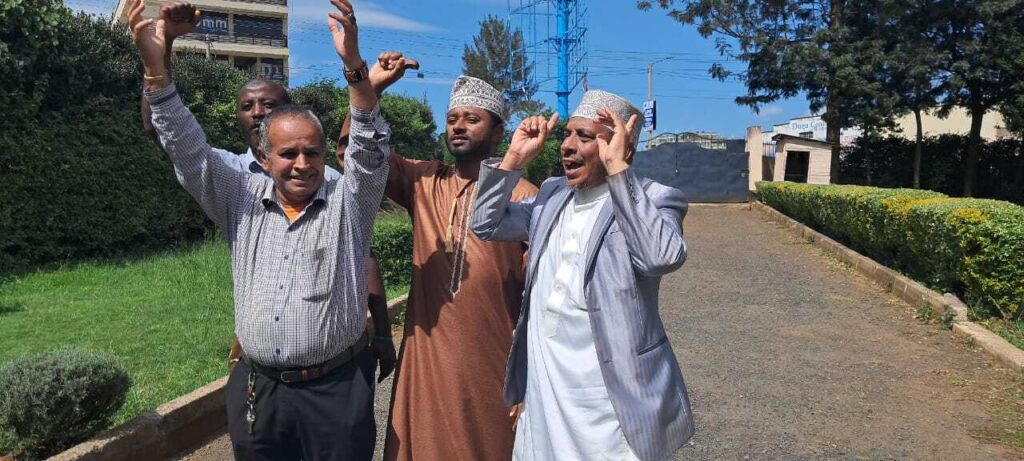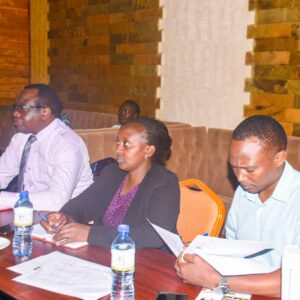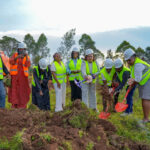A fierce storm is brewing—and it’s not just at the coast. In the wake of controversial remarks by Nominated Senator Miraj Abdillahi on gender-based violence (GBV), Abubakar Bin, Chairperson of the Council of Imams and Preachers of Kenya (CIPK), has come out strongly to defend Islam’s stance on women’s rights. The uproar, which started in Mombasa, is now sparking heated discussions near Eldoret and across the country.
Islam Under Fire? Not So Fast, Says Abubakar Bin
During a passionate press briefing, Abubakar Bin rebuked Senator Miraj’s comments suggesting that Islam and traditional practices were fueling GBV in the coastal region.
“Islam is the religion that honors women and actively fights against gender-based violence,” he stated.
He emphasized that Islamic law provides clear avenues for women to escape abusive relationships, notably through Kadhi courts. This system, according to Bin, empowers women in ways that many cultural traditions and even some global religious institutions do not.
“If a woman sees any sign of oppression, she has the right to leave. Islam does not trap women in suffering,” he added.
A Call for Apology—and Consequences
Abubakar didn’t mince words. He called on the senator to:
- Publicly apologize to Kenya’s Muslim population—estimated at 20 million.
- Retract the statements linking Islam to domestic violence.
- Be removed from her political position if she fails to do so.
“You cannot attack religion. If you do, you strike a very sensitive and dangerous place,” Bin warned, hinting at possible mass protests.
This message has struck a chord in Eldoret’s Muslim community, especially in areas near Kipkaren, Langas, and Huruma, where residents follow national debates closely.
Eldoret Religious Leaders Back Bin’s Stance
Several local sheikhs and clerics near Eldoret, including Sheikh Zulfiqar, voiced their agreement with Abubakar Bin.
“Islam has not made women slaves,” said Zulfiqar. “Marriage is based on mutual respect, and when it fails, separation is allowed. No oppression.”
He challenged Senator Miraj to provide evidence of women claiming Islamic traditions were the source of abuse.
“In Islam, women are protected at every stage of life—by parents, husbands, or grown children. That’s our truth,” he insisted.
The Bigger Picture: Why This Debate Matters to Eldoret
Senator Miraj’s campaign in Mombasa, which documented 75 domestic killings, raised valid concerns. She argued that stigmas and outdated traditions silence survivors of GBV—especially when perpetrators are relatives.
However, while her mission to end GBV is noble, her blanket criticism of religious practices has deeply offended Kenya’s Muslim leaders.
This incident now sparks a broader conversation on how to:
- Fight GBV without demonizing faiths or cultures.
- Balance advocacy with sensitivity, especially in a multi-faith society like Kenya.
- Ensure voices from regions like Eldoret are heard and respected in the national dialogue.
Final Thoughts
As the debate continues, residents of Eldoret and beyond must ask: Can we fight gender-based violence without fracturing our unity? Dialogue, not division, is the path forward.
And as Abubakar Bin emphasized, understanding comes before judgment—a principle worth remembering as Kenya confronts the painful realities of GBV.















